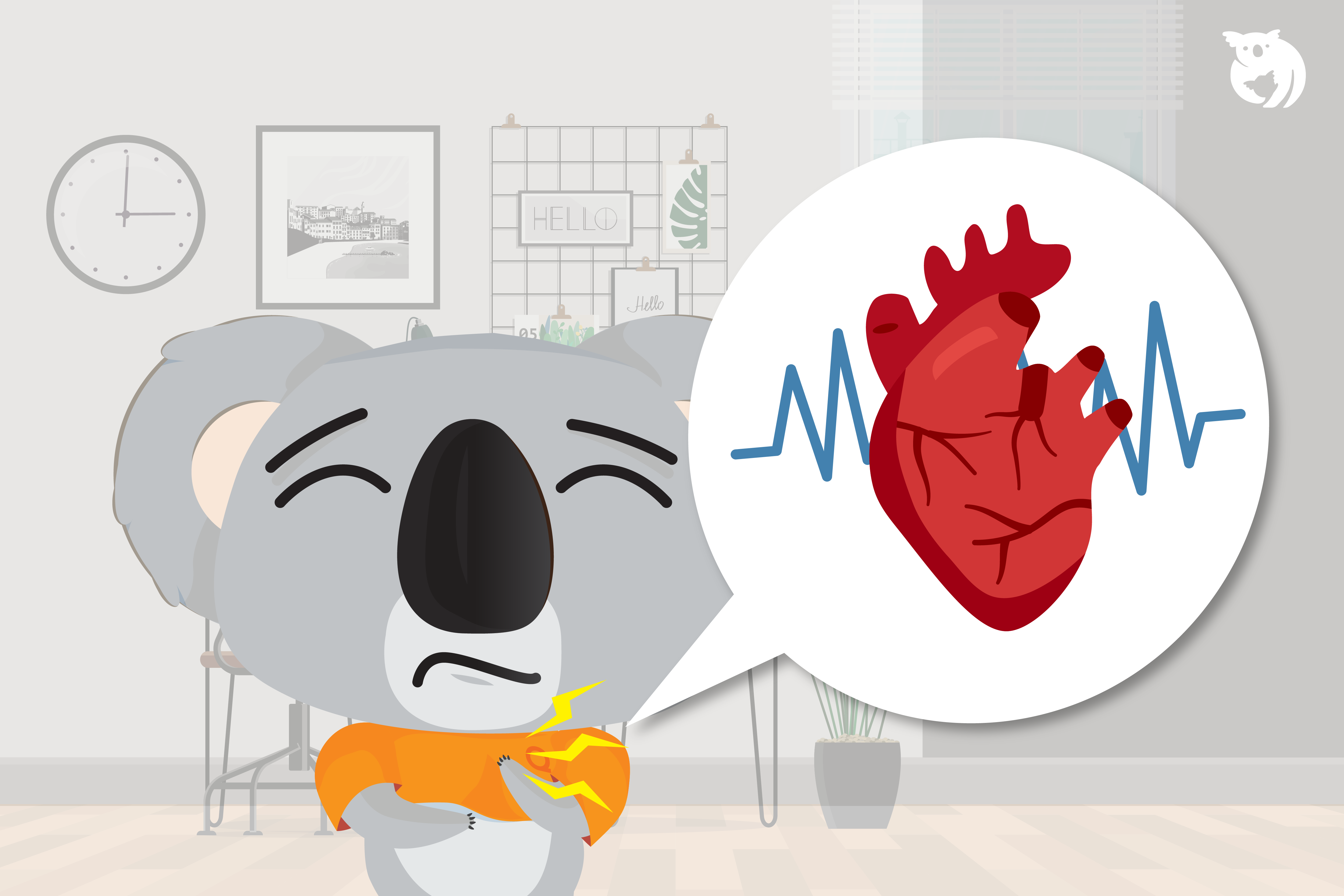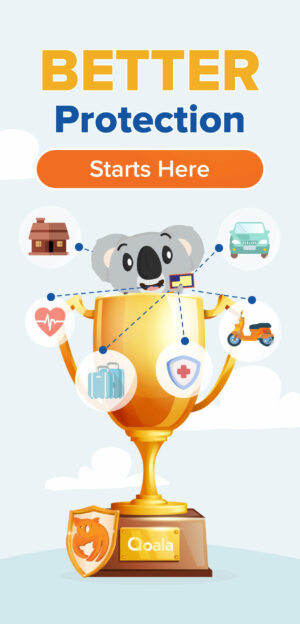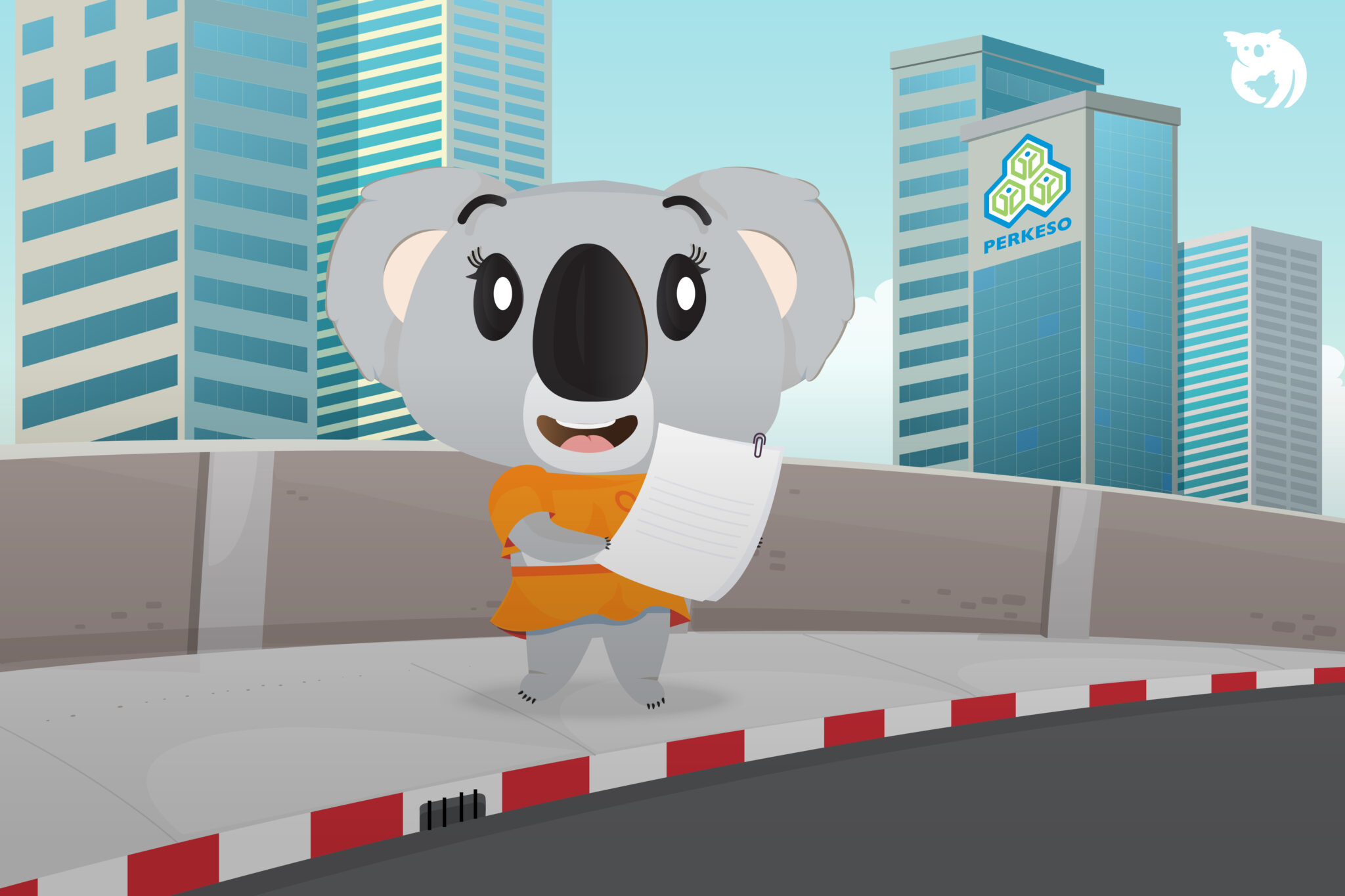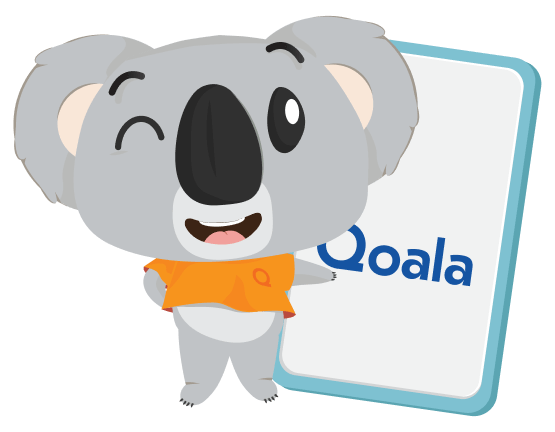Heart attack remains a leading cause of death in Malaysia, with many individuals living with the fear of suffering from a heart attack at any moment. While heart attacks can be fatal, knowledge of the underlying causes of heart disease can be empowering in terms of prevention and management. This article will explore the various factors that contribute to heart disease in Malaysia, and what steps can be taken to mitigate these risks.
What Is a Heart Attack?
Heart attacks are often caused by the buildup of plaque on the walls of arteries, which gradually thickens and narrows the blood vessels, impeding normal blood flow. In addition, the risk of blood clots forming in the arteries increases, leading to a potential heart attack or stroke. Fortunately, heart attacks can be prevented, and unhealthy lifestyle choices are a significant contributing factor to the disease. Below are some of the causes of heart attacks:
1.Smoking
Smoking is the main cause of heart attacks. Nicotine and carbon monoxide from cigarette smoke make the heart work faster. In addition, these two chemicals also increase the risk of blood clots.
Smoking not only increases the risk of heart disease, but also damages the walls of the arteries. Therefore, quit smoking for a healthier heart. Not only that, those who quit smoking can also avoid various other diseases such as lung cancer and so on.
2. High Blood Pressure
The spleen produces cholesterol, which is a type of fat. It is found in foods that are rich in saturated fats. While cholesterol is necessary for the body, excessive amounts can lead to heart disease. As a precaution, it is advisable to steer clear of fast food and high-fat meals.
3. Diabetes
Diabetes patients have twice the risk of developing heart disease. For your information, diabetes can cause the lining of blood vessels to become thicker. Over time, these blood vessels will block blood flow and cause patients to have heart disease.
4. Blood Clots
If blood clots form in the arteries, blood cannot reach the heart because the blood vessels are blocked. Usually, this will be the cause of the person getting heart disease in the future.
5. High Cholesterol
The amount of bad cholesterol, namely low-density lipoprotein and high triglyceride content, makes blood vessels easily clogged. Both types of bad cholesterol are often associated with an unhealthy diet. However, there is also good cholesterol, namely high-density lipoprotein, which is associated with exercise activities that will reduce your risk.
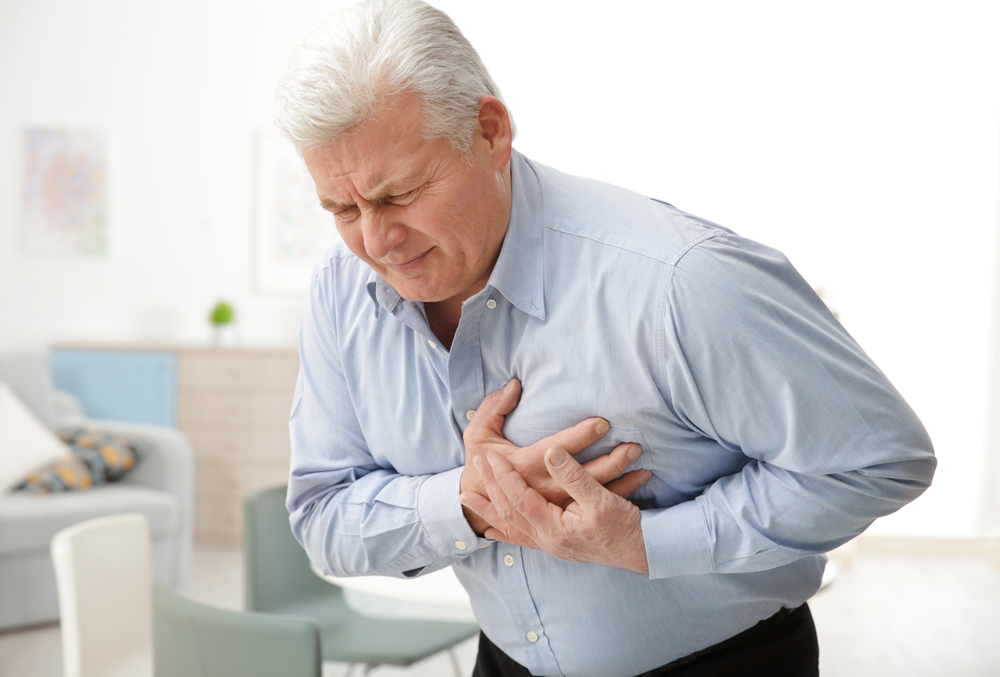
Here Are 7 methods to Detect a Heart Attack Besides Chest Pain
Did you know that according to the World Health Organization (WHO), almost 17.9 million deaths are recorded globally each year due to cardiovascular system problems?
Four out of five deaths related to the system are caused by heart attacks and strokes. The risk of death after a heart attack is closely related to the time a person is examined and treated. Therefore, it is important to be aware of the symptoms of a heart attack to avoid life-threatening complications.
In general, a heart attack occurs due to the heart muscle’s inability to receive blood supply due to blocked blood vessels. Like other body cells, heart cells also require oxygen and nutrients to function properly. Without them, heart cells can gradually die.
Like other disease processes, blocked blood vessels do not occur overnight. It is a pathological process that occurs gradually until the involved blood vessels become very narrow.
Blood clots can form in the blood flow due to the breakdown of cholesterol plaques. This can cause the remaining narrow space to become blocked, thereby disrupting blood flow to the heart muscle. The heart cells will not receive enough oxygen supply and will gradually die.
Due to this process, a person experiences chest pain every time they have a heart attack. The type of heart attack experienced can be determined based on the findings from an electrocardiogram (ECG) reading.
In general, it can be divided into two types:
- Heart attack with ECG characteristics that show an increase in the ST segment (completely blocked blood vessels).
- The ST segment does not show any changes when an individual experiences heart disease (blood vessels are not completely blocked).
There are also other causes that can lead to a heart attack such as the use of illegal drugs. Drugs like cocaine and tobacco use can cause spasms in the arterial blood vessels.
This means that the muscle in the blood vessels will cause the space to narrow due to pathological constriction.
Heart Attack Symptoms
In addition to the equipment in hospitals, you need to be aware of other symptoms such as:
- Weakness or numbness in the left arm, neck, jaw, or back;
- Shortness of breath;
- Nausea;
- Upper abdominal pain;
- Cold sweats;
- Fatigue;
- Headache.
It is very important to be aware of these symptoms quickly as it can save you from a severe heart attack. However, the signs of a heart attack can vary depending on environmental factors and chronic diseases.
For example, individuals with diabetes may experience a heart attack without experiencing chest pain. There are also individuals who only experience mild symptoms. However, generally speaking, the more symptoms of heart pain a person experiences, the higher the likelihood of experiencing a heart attack.
Heart Attack at a Young Age
According to records taken from the National Cardiovascular Database, the average age for individuals at risk of having a heart attack is around 58 years old.
However, in recent times, more and more young people are experiencing heart attack problems. What is the reason? This problem is linked to an inactive lifestyle, high intake of sugary and fatty foods, and many more.
According to the Harvard health website, up to 10% of heart disease incidents occur in individuals under the age of 45. This condition proves that young people cannot ignore the early symptoms experienced that may be caused by heart disease.
The reason “still young” cannot be used when you start feeling chest pain. It is important for you to know the early signs of a heart attack so that emergency treatment can be taken as soon as possible. The faster it is treated, the higher the percentage of heart muscle that can be saved.
During a heart attack, the blood supply to the heart muscle is disrupted. This is often caused by blocked blood vessels that carry nutrients and oxygen to the heart muscle.
Without oxygen, the heart cannot function properly and the involved muscle will begin to undergo necrosis (death). That is why those who experience a heart attack will feel pain in the chest area unless they have uncontrolled diabetes.
Among uncontrolled diabetes patients, the nerves in the heart are already damaged. This means that they can come to the hospital with symptoms of difficulty breathing without feeling chest pain.

What Should You Do if Someone Has a Heart Attack?
In this situation, time is extremely important. Time is the determinant of the clinical stage during a heart attack. What needs to be done is to bring the individual who is experiencing a heart attack directly to the hospital as soon as possible. If you experience symptoms of a heart attack or know of someone who is experiencing it, here’s what you need to do:
- Get medical help or take the individual who is experiencing a heart attack to the nearest hospital;
- If you are unable to move due to pain or other conditions, call 999 or ask a bystander to take you to the nearest hospital immediately;
- Do not drive a car while experiencing symptoms of chest pain or other heart problems;
- If you have no history of aspirin allergy, take a 300 mg aspirin tablet that can be chewed immediately;
- Before the ambulance arrives, follow the emergency aid steps provided through the 999 hotline if necessary (e.g. during a situation where the patient loses consciousness);
- If the patient has glyceryl trinitrate medication, place one tablet under the tongue and seek medical assistance from the nearest hospital.
This initial aid can not only help to make the symptoms of a heart attack more manageable, but it can also minimize the death of cardiac (heart) cells to maintain optimal heart function.
5 Tips You Should Follow
To avoid getting heart disease or a heart attack, some lifestyle changes need to be made.
1. Healthy Eating Habits
Diet is the main factor that causes heart disease and many other diseases. The most common cause of heart disease in our society is fried food, food with coconut milk, and sweet food.
Consuming a healthy diet can protect your heart, prevent high blood pressure, and reduce the risk of diabetes. A healthy heart diet includes:
- Vegetables and fruits;
- Nuts and legumes;
- Lean meat and fish;
- Low-fat or fat-free dairy products;
- Whole grains;
- Healthy fats such as olive oil.
2. Regular Health Check-ups
By doing health check-ups, we can detect if there are any diseases early on. You should also undergo health check-ups every year, especially if you have a family history related to hypertension, high cholesterol, and diabetes after the age of 35.
3. Quit Smoking
Smoking is also a cause of various diseases, including heart disease. Other chemicals in tobacco smoke can damage your heart and blood vessels.
Cigarette smoke reduces oxygen in your blood, causing your body’s response to increase blood pressure and heart rate. Your heart has to work harder to continue supplying oxygen to your entire body and, most importantly, your brain.
4. Exercise Regularly
As we know, exercise has many benefits. Exercise activities have various benefits such as strengthening your heart and improving blood flow. This step is a way to prevent a clogged heart.
Physical activity also helps you reduce excess weight, lower cholesterol, and blood pressure. You are advised to exercise 5 times a week for 30 minutes with moderate-intensity exercise.
5. Control Stress
Stress is a factor often associated with heart disease. It can increase your blood pressure. Excessive stress can trigger a heart attack. In addition, many people turn to overeating, excessive alcohol consumption, and smoking to cope with stress. These habits are very dangerous for your heart if they continue for a long time.
Remember, don’t forget to take care of your health! In addition, if you want to get the best medical insurance, visit the Qoala website! Qoala is the best insurance platform in Malaysia approved by Bank Negara Malaysia.
It helps you compare different medical insurance plans to ensure you get the health and medical insurance plan that suits your needs. Qoala also offers car insurance, motorcycle insurance, and travel insurance for you to choose from!

 EN
EN
 MY
MY

